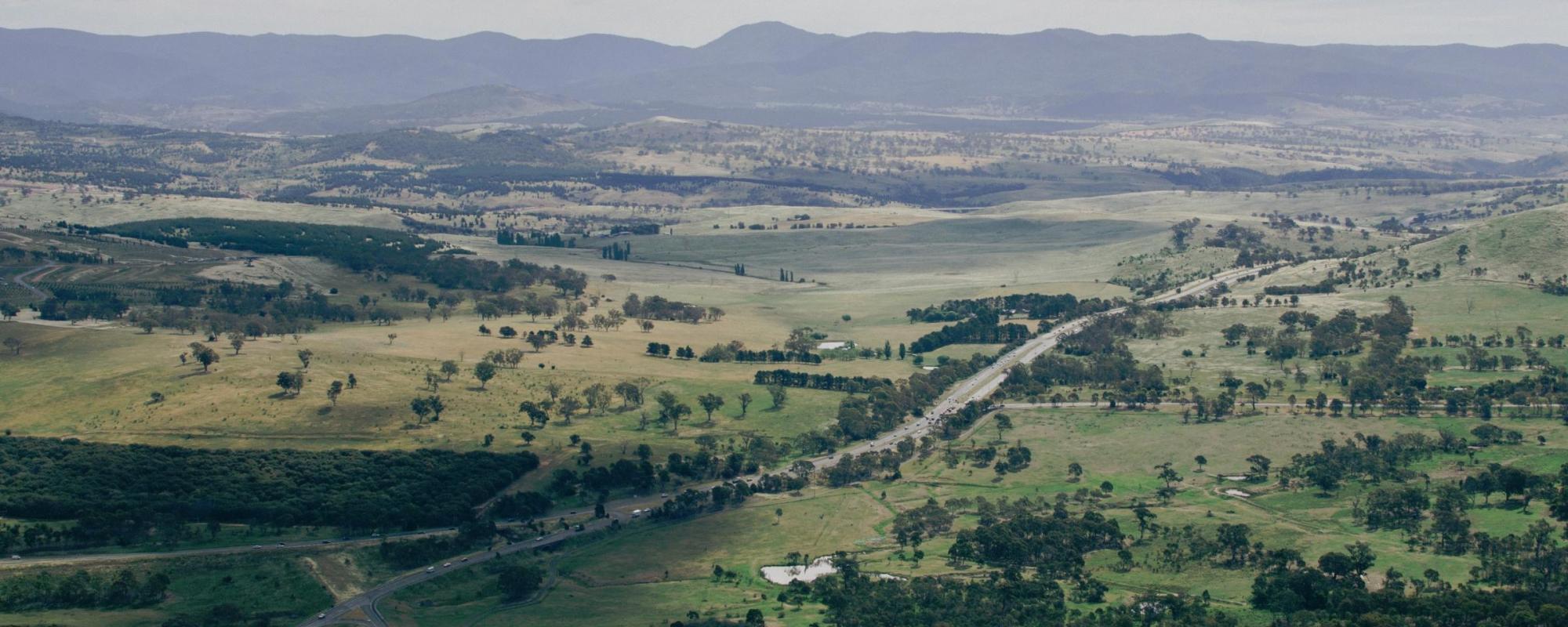Control of Surveying Standards and Survey Quality
The practice of land surveying in Australia and New Zealand is governed by legislation, regulations and bylaws that control not only the activities associated with land surveying (including standards and accuracy of surveys), but also the qualifications and professional experience necessary to become a registered or licensed land surveyor. Without this registration, a person is not entitled to hold himself/herself out to be authorised to undertake surveys for dealings in land boundary matters.
When registered land surveyors determine the location of property boundaries for their clients, they are also effectively determining the boundaries of neighbouring land. For this reason, surveyors are said to be ‘agents of the Crown’ and have dual obligations both to their clients and the integrity of the cadastre: the surveyor registration system facilitates them meeting these obligations.
The administration of Acts and Regulations is a joint function of state and territory Surveyors–General (or their named equivalents), who act in the interests of the Crown (maintenance of the register of surveyors, investigation of survey errors and their correction, monitoring of surveyors’ work performance through periodic audit), ‘Surveyors Boards’ appointed for the certification of qualifications of surveyors to become registered, and the professional conduct of surveyors in undertaking surveys and ethically dealings with clients. This range of activities also includes hearing of complaints against surveyors and dealing with charges where warranted.
Engaging the services of a Registered Surveyor
There are many reasons to call on the services of a registered (or licensed) surveyor or survey firm, including:
- advice on all matters related to land, land rights and land dealings
- identification of boundaries when purchasing property
- location of boundaries required for any other purpose
- advice on the processes of land development and land administration
- preparation of subdivision proposals
- pegging out lots of a subdivision and supervision of subdivision works and services
- dealing with planning approval appeals
- dealings with strata ownership and boundaries.
Finding a Registered Surveyor
A search of the Yellow Pages or the internet in general is a good starting point to find contact details for surveyors in the local area, together with a description of the services they provide. Word–of–mouth experiences of people who use, or have used, surveyors may also be useful.
Becoming a Registered Surveyor
Becoming a registered surveyor initially requires an undergraduate university degree primarily related to surveying (may be called surveying, spatial science, geomatics or similar).
Tertiary qualification is followed by prescribed training and work experience under the supervision of an already registered surveyor and in accordance with a Professional Training Agreement, overseen by a ‘Surveyors Board’, and prescribed examinations conducted by the relevant Boards in each state or territory.
On successful completion of the examinations, a candidate is then accredited as being proficient in the practice of land surveying, and is entitled to become registered (or licensed) to act as a land surveyor, under the register held by the Surveyor–General in each state or territory.
Professional Surveying Bodies
The peak governmental body that looks after national interests in surveying and mapping is ICSM — the Intergovernmental Committee on Surveying and Mapping, which includes representatives from the Governments of Australia and New Zealand, the States and Territories of Australia, and Australia’s Defence Forces.
The Surveying & Spatial Sciences Institute (SSSI) is Australia’s peak body representing the interests of surveying and spatial science professionals, combining the disciplines of land surveying, engineering & mining surveying, cartography, hydrography, remote sensing and spatial information science. SSSI was incorporated in 2003 after a merger with the Institution of Surveyors Australia (ISA). SSSI has local divisions in each state and territory.
In New Zealand the peak body representing surveyors is the New Zealand Institute of Surveyors (NZIS).
Dealing with complaints and disputes
In New South Wales, Queensland, Tasmania and Victoria, the Surveyor–General (or equivalent statutory officer) has the power to consider appeals to resolve disputed or conflicting surveys. In other Australian States and New Zealand, these matters need to be resolved by either an Administrative Appeals Tribunal or a court of law. If agreement between parties to any boundary dispute cannot be reached, then any of the parties have a common law right to take the matters before a Court for resolution of the issue.
Complaints against surveyors can be referred to a ‘Surveyors Board’ or the Surveyor–General and, where proven, can result in disciplinary action. A surveyor’s client also has protection through consumer protection legislation (national and state) with regard to misleading or deceptive conduct, negligence, and warranties for services (including professional advice).

